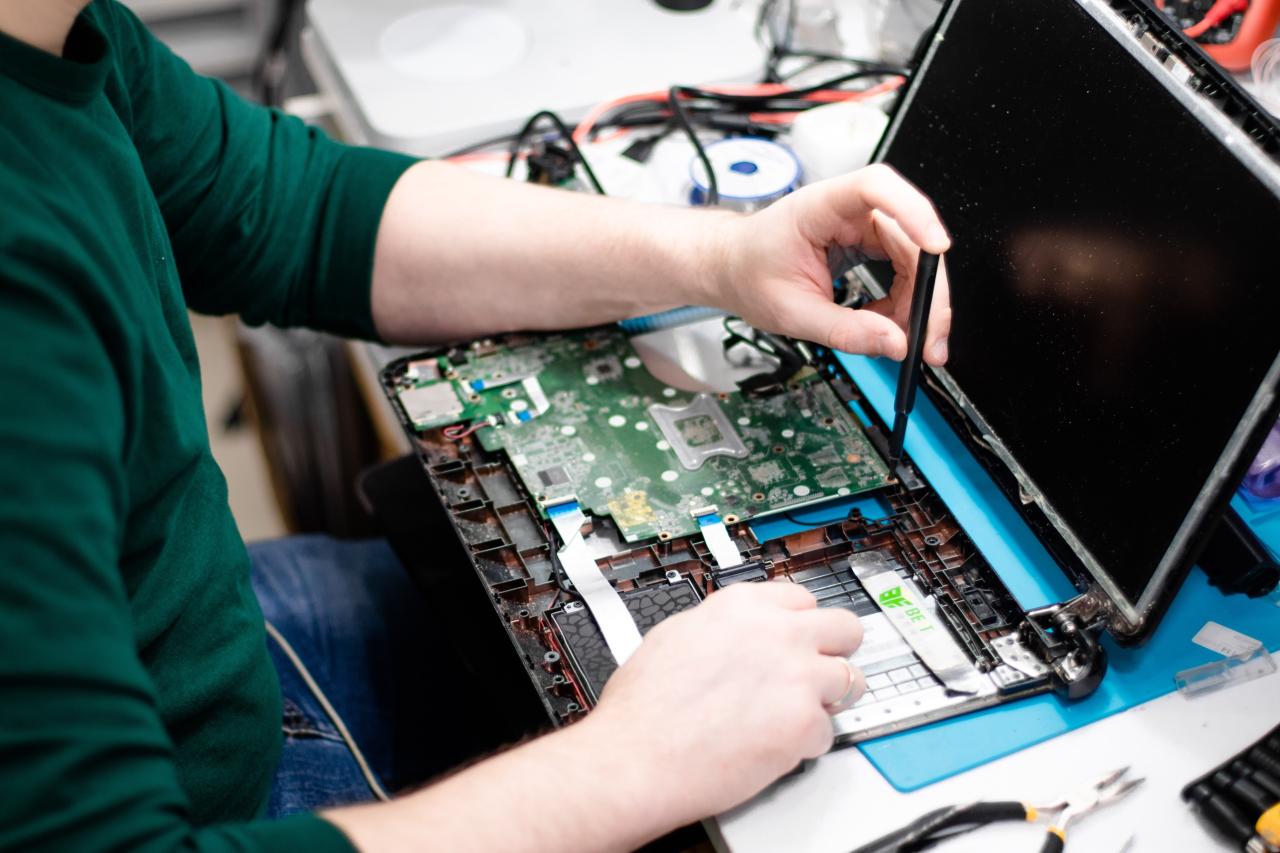repair gas boiler serves as a crucial topic for homeowners and professionals alike, highlighting the importance of maintaining this indispensable home appliance. A malfunctioning gas boiler can disrupt daily life, making it essential to understand repair processes, potential issues, and preventive measures. This overview aims to equip readers with valuable knowledge about the intricacies of gas boiler repair.
From the common types of problems that arise to the tools and techniques used in the repair process, this narrative delves into the world of gas boilers. With the right information, you can enhance your understanding of how these systems operate and the best practices for keeping them in optimal condition.
In today’s fast-paced world, the importance of effective communication cannot be overstated. Whether in personal relationships, at work, or in public speaking scenarios, the way we convey our thoughts and feelings can significantly impact our interactions with others. The ability to express oneself clearly and confidently is a skill that pays dividends in all areas of life. In this article, we will explore the nuances of communication, the various forms it takes, and tips for enhancing your communicative prowess.### Understanding CommunicationCommunication is more than just the spoken word; it encompasses a wide array of elements that contribute to how we share information.
At its core, communication consists of a sender, a message, a medium, and a receiver. The effectiveness of this process relies on how well these components interact.#### The Components of Communication
1. Sender
The person who initiates the message. This could be an individual speaking, writing, or even gesturing.
2. Message
The content that is being communicated. This could be verbal, non-verbal, written, or visual.
3. Medium
The method through which the message is conveyed. This can range from face-to-face conversations to emails, texts, and social media platforms.
4. Receiver
The individual or group who receives and interprets the message. The receiver’s understanding can be influenced by their own experiences, biases, and perceptions.
5. Feedback
The response from the receiver back to the sender. This can be immediate, like a verbal response in conversation, or delayed, such as a follow-up email.Understanding these components is crucial, as it allows us to identify potential barriers to effective communication, such as misunderstandings, distractions, or emotional interference.### The Different Forms of CommunicationCommunication takes various forms, each with its unique advantages and challenges.

Here are several key types:
1. Verbal Communication
This is the most common form, involving spoken words. Effective verbal communication requires clarity, conciseness, and an appropriate tone. It is important to consider your audience and context when choosing your words.
2. Non-Verbal Communication
This includes body language, facial expressions, gestures, and eye contact. Non-verbal cues can often convey more than words themselves. Being aware of your own non-verbal signals, as well as those of others, can enhance your understanding and interactions.
3. Written Communication
Emails, reports, letters, and texts fall into this category. Clarity and structure are vital in written communication, as the absence of tone can lead to misinterpretations.
4. Visual Communication
This involves the use of visual aids, such as charts, graphs, and images, to convey information. Visuals can enhance understanding and retention, making complex information more accessible.
5. Digital Communication
With the rise of technology, communicating through platforms like social media, video conferencing, and instant messaging has become prevalent. Each medium has its nuances, which can affect the tone and clarity of the message.### Barriers to Effective CommunicationDespite our best efforts, barriers to effective communication can arise. Identifying these obstacles is the first step toward overcoming them. Here are some common barriers:
1. Language Differences

Language can be a significant barrier, especially in multicultural environments. Using jargon or overly complex terms can confuse the receiver.
2. Emotional Interference
Our emotions can cloud our judgment and alter how we communicate and interpret messages. Stress, anger, or sadness can lead to misunderstandings.
3. Distractions
In a world filled with noise, both literal and metaphorical, distractions can hinder communication. This includes physical distractions in the environment and mental distractions from personal thoughts.
4. Assumptions and Biases
Preconceived notions about the sender or the subject matter can lead to misinterpretations. It’s essential to approach each communication with an open mind.
5. Technological Issues
In digital communication, technical difficulties can disrupt the flow of information, leading to frustration and confusion.### Tips for Improving Communication SkillsImproving your communication skills is a worthwhile endeavor that can lead to better relationships and greater success in your personal and professional life. Here are some practical tips:
1. Practice Active Listening
Listening is just as crucial as speaking in communication. Active listening involves fully concentrating on the speaker, understanding their message, and responding thoughtfully. This helps build rapport and ensures that both parties feel heard.
2. Be Clear and Concise
When conveying your message, aim for clarity and brevity. Avoid unnecessary jargon and be straightforward in your language. The clearer you are, the less room there is for misunderstanding.
3. Utilize Non-Verbal Cues
Be aware of your body language and how it can affect your message. Maintaining eye contact, using appropriate gestures, and being mindful of your posture can enhance your communication.
4. Adapt to Your Audience
Tailor your communication style to fit your audience. This means adjusting your tone, language, and even your medium based on who you are speaking to.
5. Seek Feedback
Don’t be afraid to ask for feedback on your communication style. This can provide valuable insights into how others perceive your message and help you identify areas for improvement.
6. Practice Empathy
Try to understand things from the receiver’s perspective. This can help you communicate in a way that resonates with them and fosters a deeper connection.
7. Stay Open-Minded
Approach conversations without preconceived biases. Being open-minded allows for richer discussions and can often lead to unexpected insights.### The Role of Communication in the WorkplaceEffective communication in the workplace is crucial for collaboration, productivity, and team morale. Employers and employees alike benefit from a culture of open and honest dialogue. Here are a few reasons why communication is vital in a work environment:
1. Facilitates Collaboration
Good communication fosters teamwork, enabling employees to share ideas, address challenges, and work towards common goals effectively.
2. Enhances Problem-Solving
Open lines of communication help to identify issues early on and facilitate collaborative problem-solving, leading to quicker resolutions.
3. Builds Trust
When communication is transparent and respectful, it builds trust among team members, which is essential for a positive work culture.
4. Promotes Engagement
Employees who feel heard and valued are more likely to be engaged and motivated in their work. This can lead to increased productivity and job satisfaction.
5. Reduces Conflicts
Clear communication can minimize misunderstandings and prevent conflicts from escalating. Addressing issues promptly through open dialogue is key.### ConclusionIn summary, communication is a multifaceted skill that plays a vital role in all aspects of life. By understanding its components, forms, and barriers, and implementing strategies to improve your communication skills, you can foster better relationships, both personally and professionally.
The key lies in continuous practice and a willingness to adapt and grow. As we navigate a world that increasingly relies on connectivity and collaboration, honing our communication skills is more important than ever. So, take the time to reflect on your communication style, seek feedback, and strive for clarity in your interactions. The rewards are boundless.
Answers to Common Questions
What are common signs of a gas boiler that needs repair?
Common signs include unusual noises, inconsistent heating, leaks, and error codes displayed on the boiler.
How often should I have my gas boiler serviced?

It’s recommended to have your gas boiler serviced at least once a year to ensure safe and efficient operation.
Can I repair a gas boiler myself?
While minor issues can be addressed, it’s best to hire a qualified technician for repairs to ensure safety and compliance with regulations.
What should I do if my gas boiler stops working?
First, check the power supply and thermostat settings. If those seem fine, contact a professional technician to diagnose and fix the issue.
Is it worth repairing an old gas boiler?
It depends on the extent of the repairs and the age of the boiler. If repairs are frequent and costly, it may be more economical to replace it with a newer, more efficient model.











